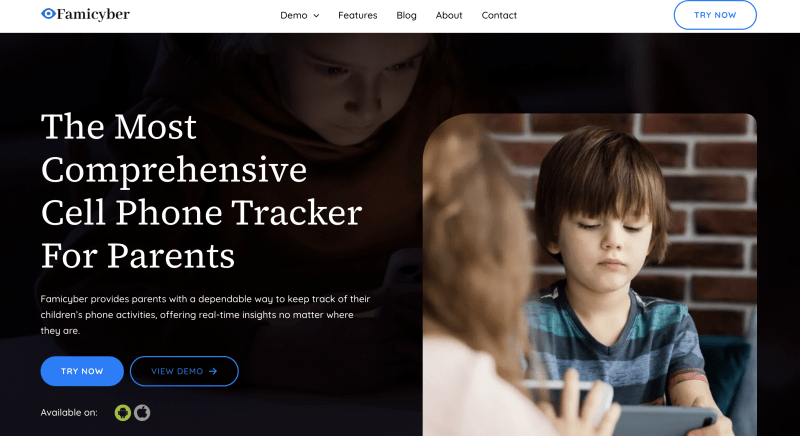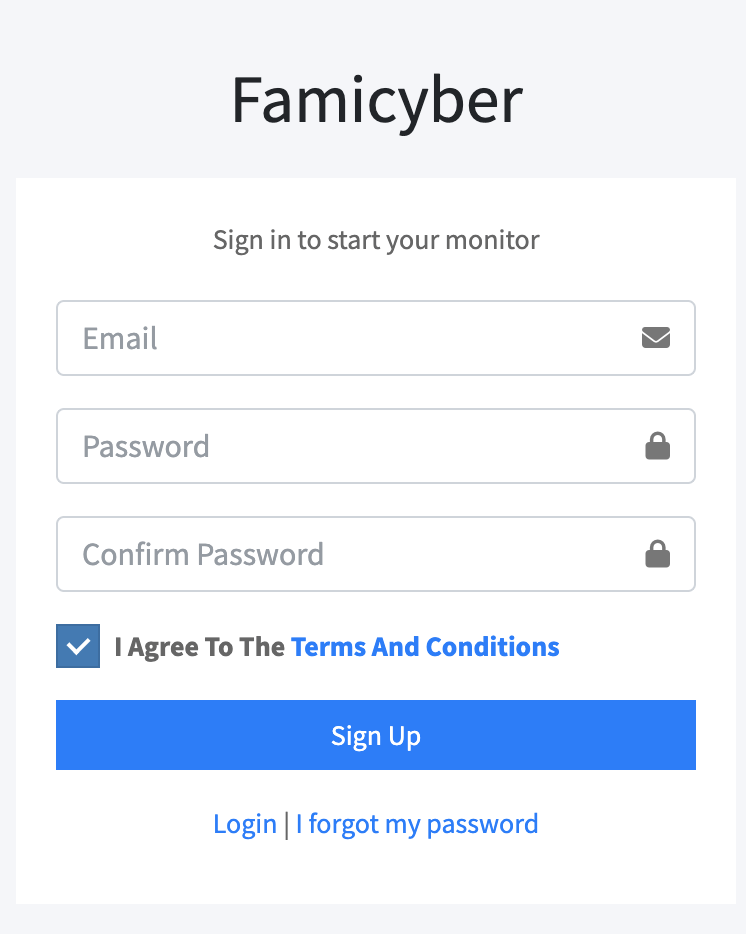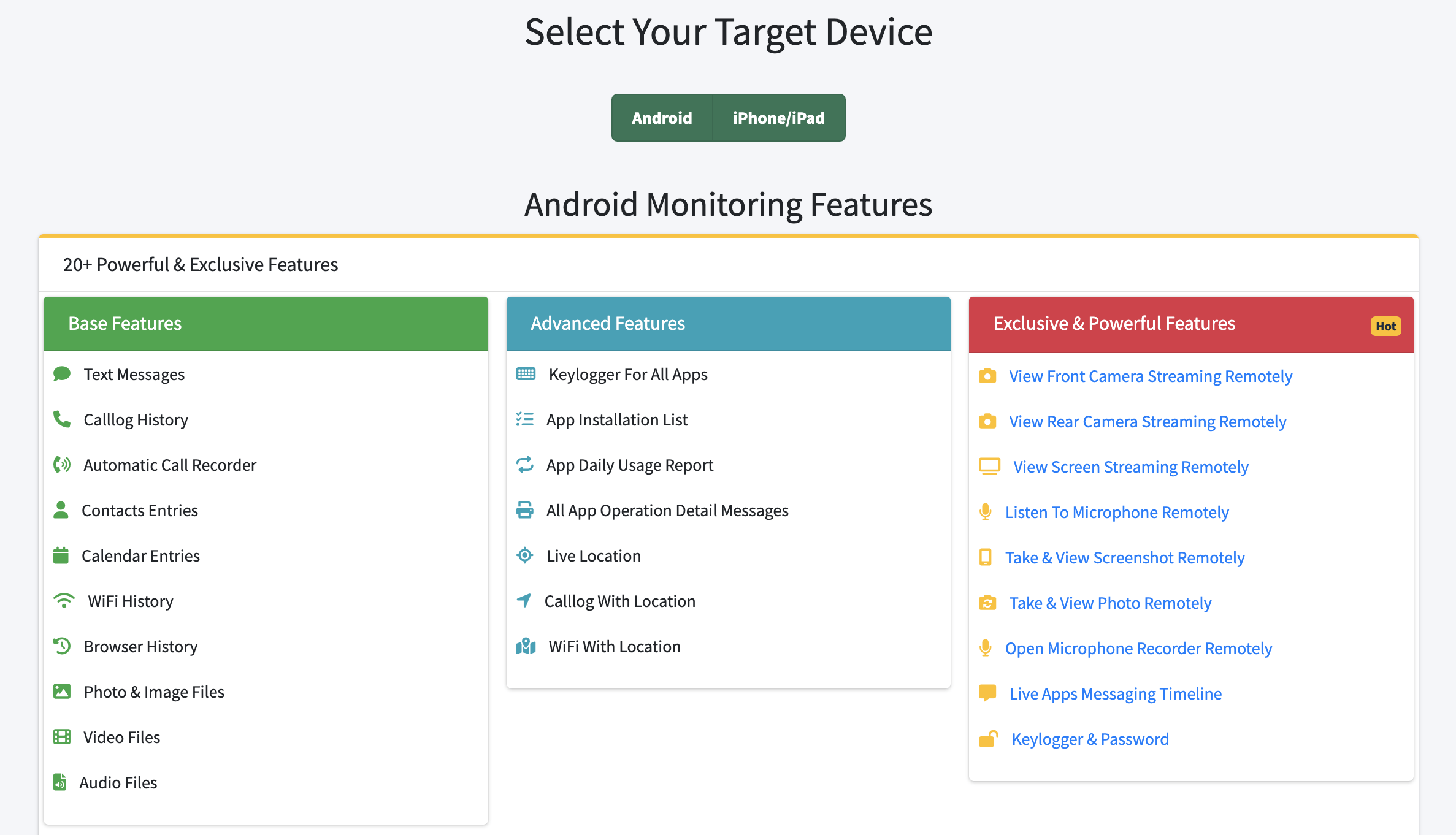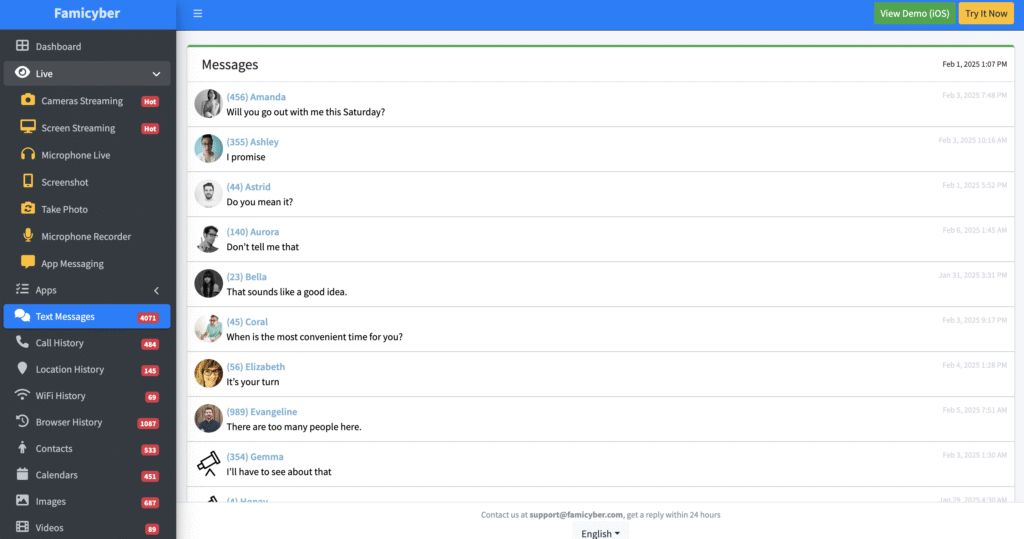For teenagers, slang is integral to everyday communication, impacting their online engagements and texting styles. For example, YW, an abbreviation for ‘you’re welcome’, has become one of the most used phrases in informal settings. As for the parents, it is important to be updated with these slang terms to manage and encourage proper digital interaction with their children. The following article will examine the meaning of YW, how it is used, and its significance. Additionally, we will talk about the parental monitoring tool Famicyber, which assists parents in supervising their adolescent’s online conversations.
What Does ‘YW’ Mean?
YW is an acronym for ‘you’re welcome’, a common reply to receiving thanks for something. This compression of words is particularly useful in communicating during texting and figure chatting, where people prefer short forms.
Origin of the Term
The abbreviated communication from the term YW comes as a consequence of the increased demand for faster means of online communication. Following the introduction of SMS systems, instant messaging, and social networking, users began to condense phrases for convenience in both time and character count. As a result, YW and other phrases became widely adopted as an informal and polite way of communicating.
Usage Scenario of Slang ‘YW’
YW is typically used in casual digital conversations, often as a way to acknowledge gratitude in a friendly and informal tone.
Example:
1) “Thanks for helping me with my homework!” → “YW!”
2) “I appreciate your help with the project.” → “YW! Glad to be of assistance.”
3) “You’re a lifesaver!” → “Aww, YW”

How ‘YW’ is Used in Texting and Online Communication
YW is used on many occasions in text messaging and social media platforms. It’s particularly popular because it is easy to use and it‘s friendly for most forms of communication. Its use is so common because people don’t appreciate being kept or taken too much of their time, and it’s one of the most effective means of communication, especially with friends.
When these words YW are used in the context of a less official conversation, it can often be used as a warm and friendly character when offering assistance through a message. An example of this is when a friend acknowledges that their assistance was helpful by saying,
Example 1: “Thanks for the help!” → “YW”
Despite its lack of a universally polite demeanor, YW requires context when it comes to a conversation. Even though it might be employed mostly politely and sincerely, it does have some instances of being sarcastic. For instance, people do tend to say,
Example 2: “You took forever to reply, but thanks for helping.” → “YW”
There is no limit to the use of YW across the online world. People use it in group conversations and comments in social media, and there are no boundaries to its use on the platforms intending to communicate. Thus, the context and tone used will determine the effectiveness of the message.

Why Understanding ‘YW’ and Teen Slang is Important for Parents
Parental Challenges
Using slang is common among teenagers as it helps develop efficient and fast communication methods. It creates an in-group language among peers. However, this dynamic form of language is often a problem for parents. Keeping pace with changes in the language of teens and its contexts is extremely demanding. For example, YW is overloaded with different meanings, and deeming it useful in all contexts is simply unfeasible.
Digital Parenting
YW is only one example of a streamlined phrase that saves time. Speaking in code has become the norm and learning the different types can be helpful in the field of parenting. This makes it easy for parents to understand the emotional context their children are trying to set, whereas a simpler code can do the trick for texts and online messages. Understanding this enables parents to focus on the matters that go beyond their generation and have value in today’s world, and that is understanding their child’s mood in the coded world.
Monitor Conversations
Keeping track of interactions in social media and messaging platforms is one of the most practical ways of ensuring teens’ safety and well-being. Internet abbreviations like YW may seem innocent but are sometimes contextually deeper phrases that need further interpretation. By staying engaged and informed about the language teens use parents can create opportunities to discuss digital etiquette, consent, and safety while maintaining a respectful balance between privacy and oversight.
How Famicyber Can Help Parents Monitor Slang Usage
Famicyber is a unique application that helps parents supervise their children constructively by facilitating their teenagers’ social media activities. Parents can monitor conversations on mobile phones, identify the use of slang words like YW, and analyze their child’s perception. Such active engagement allows parental involvement while also respecting a child’s freedom and privacy Famicyber strives to consider making the online world for children safer.

Key Features
- Message Monitoring: Famicyber enables parents to view the content of text messages and know when slang words like YW or other popular references are used.
- App Tracking: This feature reveals what particular mobile applications are being utilized by their children and how frequently. Parents can use this feature to track the use of slang in teenage slang among children on social and messaging applications.
- Call Oversight: Parents can make sure they check call records and report any abnormal behavior.
- Real-Time Location Tracking: The application allows tracking adults against the GPS along with their physical security.
- Record Calls: Famicyber facilitates the ability for parents to record specific telephone calls for later review.
- Track Contacts: Parents can monitor contact lists and find unwanted or suspicious contacts.
- Check Browser History: Famicyber allows for reviewing browsing habits, helping assess web activity.
- Review Videos and Listen to Audio: Famicyber ensures multimedia content shared or received is accessible for review.
Step-by-Step Setup to Monitor Teen Slang Like YW Using Famicyber
Step 1. Sign up for Famicyber by visiting the official website and selecting a subscription plan.

Step 2. Install the Famicyber app on an Android device or link the iCloud account if the monitored phone is an iPhone.

Step 3. Start monitoring text messages and app usage seamlessly once setup is complete.

Step 4. Use the information gathered to review slang terms like YW, ensuring timely discussions with your teen about their digital behavior.
Famicyber acts as a versatile tool empowering parents to stay informed about their teen’s interactions in a rapidly evolving digital world.
Potential Misunderstandings of ‘YW’
Sarcasm or Emotional Tone: On most occasions, the expression ‘YW’ is used politely but could embody sarcasm in a specific context of the emotional tone in the conversation. For instance, it could be perceived as insincere when typed in response to a minimal “thanks” or when the interaction feels forced. The tone of the message is indispensable, revealing the need for context and the existing relationship between the two people engaged in a conversation.
Teens Intentions: YW can be used casually by teens without thought or intent attached to that statement. Surely, there should be ease in daily conversations, but the receivers who remain on the other side could interpret that ease differently due to a range of expectations or styles. This does not mean that the teen wanted to show such an attitude. However, parents and guardians need to know this and assist their teenagers in how their texts can be viewed differently.
Other Common Teen Slang to Watch Out For
In order to communicate with a younger generation, one must first understand the teenage lingo in use. The following use cases are what parents should learn and study.
- TY (Thank You): A casual and quick form of showing appreciation.
Example: “TY for helping me with my homework!”
- LOL (Laugh Out Loud): Often used to say something funny or amusing. Sometimes used sarcastically.
Example: “That meme you sent me was hilarious, LOL!”
- SMH (Shaking My Head): Used to express disappointment, disbelief, or disapproval.
Example: “He forgot his keys again… SMH.”
- BRB (Be Right Back): Indicates that the person will step away temporarily but will return soon.
Example: “BRB! Need to grab a snack.”
- GTG (Got To Go): A quick way to signal that someone needs to leave or end a conversation.
Example: “Dinner time, GTG. Talk later!”
- TMI (Too Much Information): Used when someone shares overly personal or excessive details.
Example: “Ugh, she described her whole surgery, TMI!”
- IRL (In Real Life): Refers to things happening outside of the digital or online space.
Example: “We’ve been chatting online for weeks, but we’re meeting IRL tomorrow!”
These terms, and many others like them, are part of a constantly evolving digital lexicon. Parents should strive to stay informed about slang as it changes, as doing so can improve their understanding of their teens’ communication and help foster healthy conversations.
Conclusion
Understanding teen slang, such as YW, is crucial for parents to better connect with their teens and to comprehend their digital interactions. Parents can foster stronger relationships and ensure healthier communication by staying informed about these evolving terms. Tools like Famicyber effectively monitor and decode slang usage, helping parents stay aware of their teens’ online activities. Using Famicyber ensures safer communication and encourages open dialogue, bridging the gap between generations in the digital age.
Hi, I’m Elaine, a psychologist specializing in digital psychology, focusing on how technology impacts teens and adults. At famicyber.com, I offer advice on managing online behavior, from guiding parents with teens’ screen time to helping partners maintain healthy digital relationships. I hold degrees in Clinical Psychology from Columbia University and have 6 years of experience as a Clinical Psychologist and 4 years as a Researcher.






